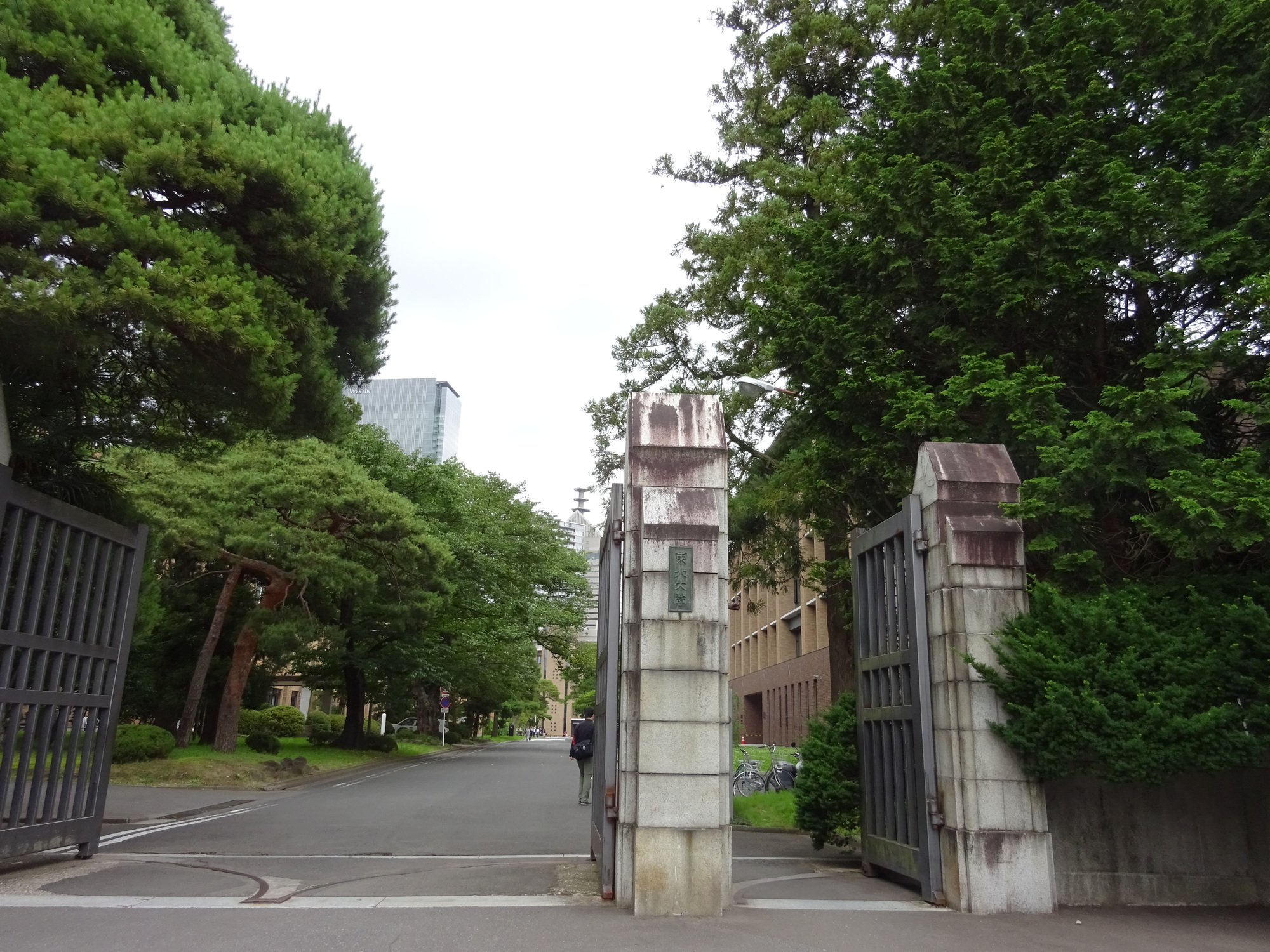A research group led by Assistant Professor Toru Tsuboya of the Graduate School of Dentistry at Tohoku University and Yusuke Matsuyama of the Graduate School of Tokyo Medical and Dental University revealed the impact of the self-pay exemption system for medical expenses after the Great East Japan Earthquake on the use of medical services in Castle Prefecture. bottom.
After the Great East Japan Earthquake, a measure was introduced to exempt the victims from paying their own medical expenses.In Miyagi Prefecture, this measure was suspended from April 2013, and one year later, the target population was reduced and resumed.In the midst of these policy changes, the research group analyzed medical expenses and the number of medical institution consultations (number of medical receipts) in Miyagi Prefecture from April 4 to June 1, and took measures to exempt people from paying their own expenses after the earthquake. We evaluated how it affected the use of medical services in Miyagi prefecture.
As a result of the analysis, the use of medical services increased for about one year after the earthquake, peaked, and then leveled off or gradually declined.Immediately before the system for exemption from self-payment of medical expenses was suspended (end of March 1), the use of medical services increased sharply again, and then decreased again when the self-payment was resumed.
This change was large in the dentistry, which has a higher price elasticity than the medical department.In addition, it was observed more prominently in the National Health Insurance (self-pay ratio before the earthquake, 1 to 2%), which has a larger self-pay ratio than the medical system for the elderly (3%, self-pay ratio before the earthquake).Furthermore, it was found that the decrease in the use of medical services when the exemption was suspended was large in the municipalities where there were many exemptions.From these results, it was suggested that the out-of-pocket medical expenses may be suppressing appropriate consultations during normal times.
In this study, after the Great East Japan Earthquake, the use of medical services in Miyagi Prefecture increased to about one year after the earthquake under the medical expenses self-pay exemption policy, and the medical expenses self-pay exemption policy for the victims is the victims. It turned out that it contributed to the medical examination of.It can be said that policies to support such victims are important after a major disaster that may occur in the future.
Paper information:[The Tohoku Journal of Experimental Medicine] Copayment Exemption Policy and Healthcare Utilization after the Great East Japan Earthquake

